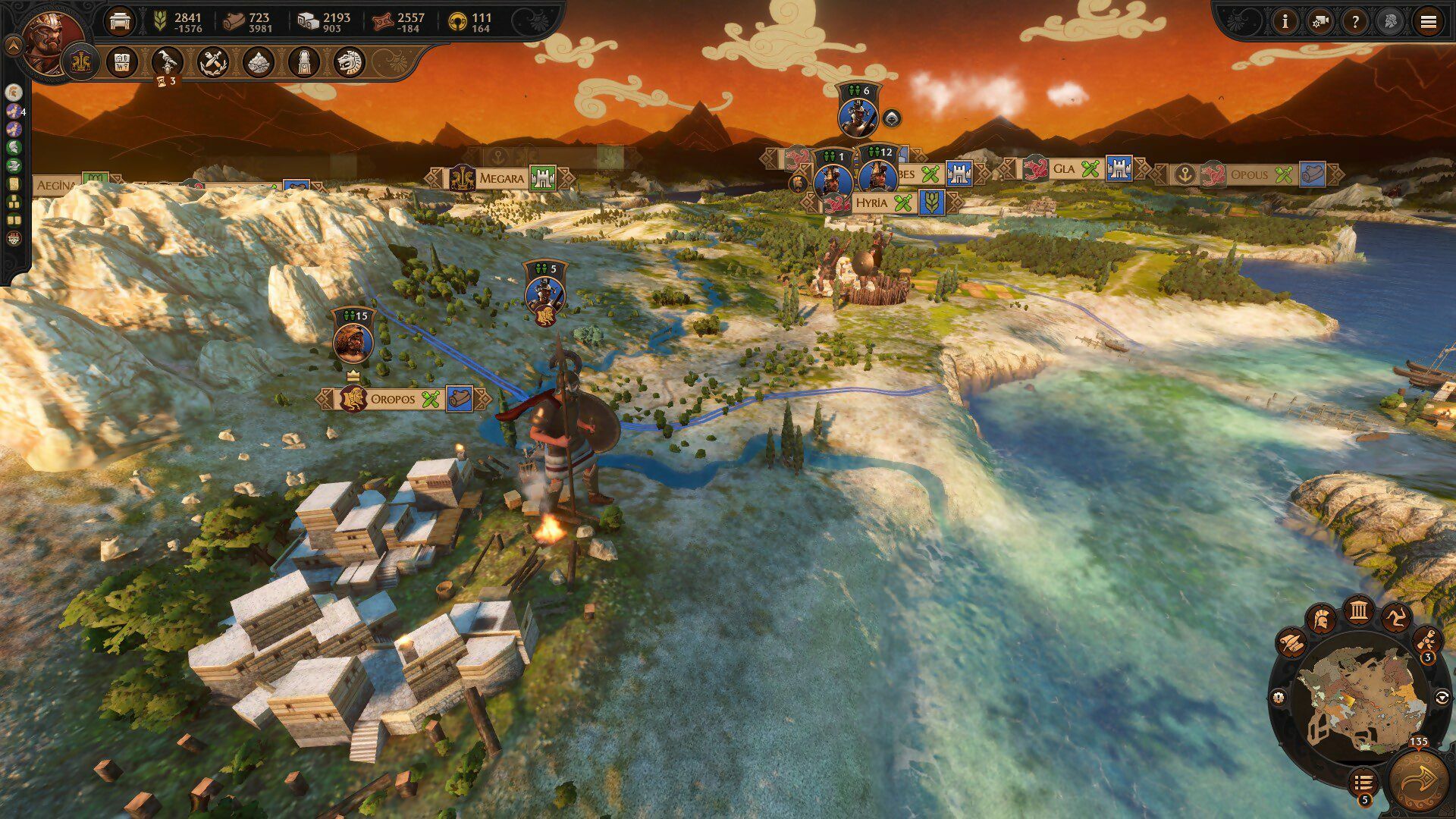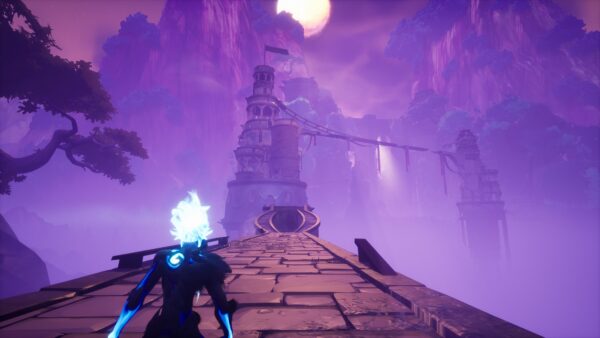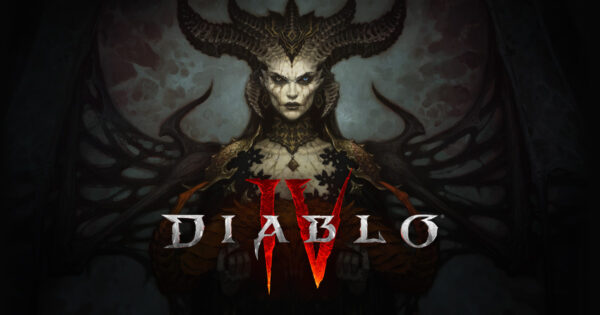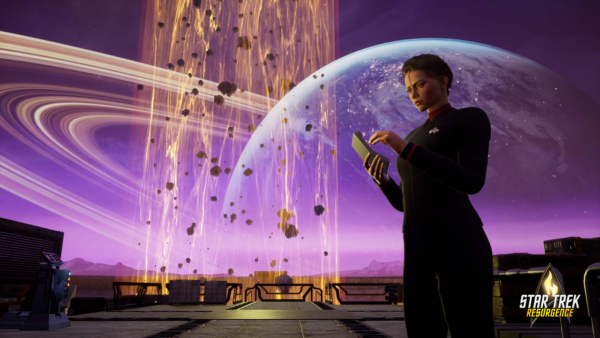
With lavish art direction and some novel ideas drawn from Greek mythology, A Total War Saga: Troy’s new bronze age aesthetic freshens the 20-year-old-series’ turn-based strategy, even if its real-time battles lack gravitas.
Commanding one of eight Greek or Trojan powers, you must unite your friends before deploying your thousand ships to capture Troy or defend it. Across a campaign map embracing the Aegean Sea, there are deals to broker, cities to build, and heroes to assuage. The Homeric setting of covet-ous men at odds with one another feels appropriate. Total War makes hay from your hubris: hid-den armies and countervailing mechanics are always waiting in the tall grass.
Small changes to the levers you pull to keep your armies moving are enjoyable getting to grips with. Following Thrones of Britannia, the availability of food is the chief moderator on your martial power. Food should be carefully governed until you’re well in ascendance, because in Troy it’s also traded for divine buffs.
All factions can pray to Aphrodite for growth or to Poseidon to smooth the seas. The gods here are not inscrutable: you get what you pay for. Resource management is similarly intuitive. Bartering replaces generic relationships, which means you can ensure supplies of one kind if you have an-other in abundance. Not much fun, but it’s a nice trick to maintain development.

Roll back the map to discover a pleasingly exaggerated Hellenic landscape.
Troy’s most interesting mechanics are informed by Homer. The Lion’s Share mechanic lets Aga-memnon demand tribute, though risks upsetting vassals. Menelaus of Sparta can recruit from his allies’ rosters and settle ruined cities. And Hector and Paris, the sons of Troy, can compete for their father’s favour to acquire his power. Each faction’s prerogatives are compelling invitations to re-peat the campaign, though they’re inessential.
The battles themselves are a bit flat, sieges particularly so. Creative Assembly have compensated for an infantry-heavy roster by making light units act like cavalry and introducing muddy terrain. Dramatic maps and bulked-up heroes add colour, yet with no myth units or artillery, you’ll largely be fielding assorted spearmen. On the campaign map, heroes act as generals and can be special-ised, while their loyalty can fluctuate. Like other aspects, it’s easy but a bit of a chore.
The campaign experience maintains a fair balance between empowerment and obstacle. The im-pression of depth fades, while a sprawling web of units, resources, and treaties can render the warpath a convoluted slog. This is a shame, when Troy’s innovations might have delivered a more elegant experience. Nonetheless, those imaginative concepts result in a memorable and formida-ble addition to the Total War armoury. Overset text.
Highlight
The definitive pleasure of Total War is the sense of mastery as you increase your mass. In Troy, where the AI is more helpful and you have more ways to exploit your allies, joy is swinging your Achaean vassals like a mace at the Anatolian shore.
Verdict: 70%
Troy’s experimental mechanics and narrative approach make it noteworthy, though its deeds fall short of excellence.
Genre: Strategy
Format: PC (tested) / Mac
Developer: Creative Assembly
Publisher: Sega
Price: £34.99
Release: Out now





